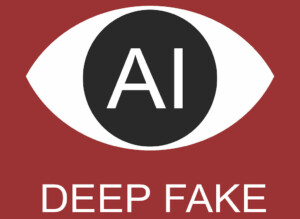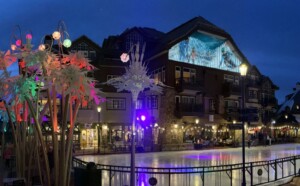Disney is committed to making deepfakes more realistic than ever with higher resolution, and its face-swap tech is closer to being used in big-budget movies and TV.
In a recently published paper and video, Disney Research Studios explains how it has used progressive algorithm training, stabilisation technology and lighting effects to achieve convincing face-swapping results.
Disney researchers also debuted the first photo-realistic deepfake at a megapixel resolution. Deepfake technology usually focuses on smooth facial transfers, rather than increasing the pixel count, which means that traditional deepfakes have more flaws on a larger screen.
Disney notes that the maximum-resolution videos they could create from open-source deepfake model DeepFakeLab were just 256 x 256 pixels. Disney’s model can produce video with a 1024 x 1024 resolution, giving deepfakes a more realistic appearance and an improved look on bigger screens.
Disney’s deepfake model can swap the appearances of two individuals while maintaining the target’s facial expressions, but it is less successful when it comes to challenging angles and lighting.
Disney, which currently uses traditional VFX for face-swapping, says we’re getting closer to creating deepfakes good enough for commercial projects.
Face-swapping by Disney Research Studios
“While those results are impressive, they are expensive to produce and typically take many months of work to achieve mere seconds of footage,” write the researchers.
Deepfakes, on the other hand, need a lot less oversight once the original model has been constructed, and can produce video in a short space of time.
Elsewhere, Samsung’s Artificial Intelligence Centre in Moscow has developed new AI deepfake software that can generate videos using just one image.
The Dali Museum also used AI and machine learning to create an uncanny lookalike of Salvador Dali, who welcomed and interacted with visitors.
In addition, Universal is looking at deepfake technology via Respeecher, one of the tech start-ups selected in the Comcast NBCUniversal LIFT Labs Accelerator programme. The company has created ‘Obamification’, which allows face transfer and voice conversion.













